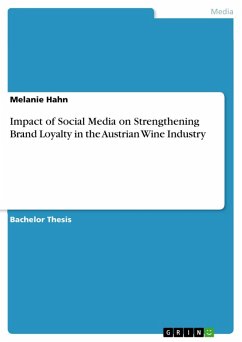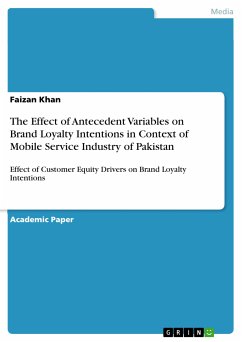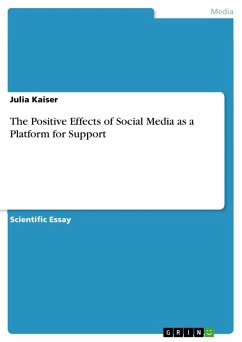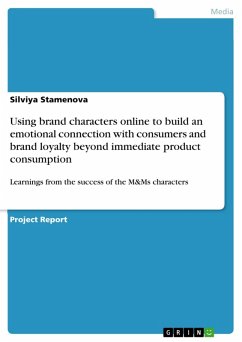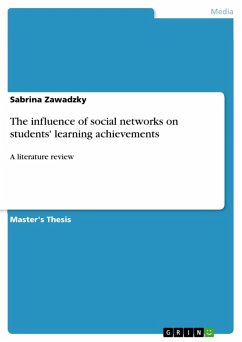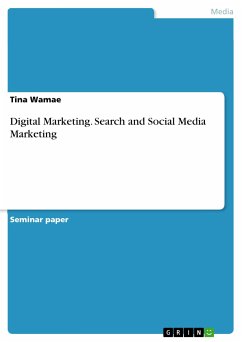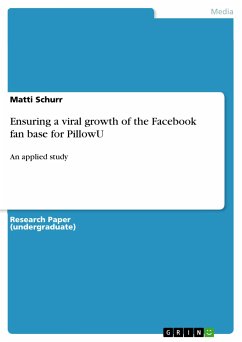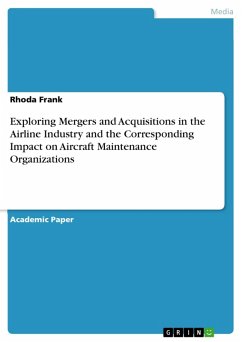Bachelor Thesis from the year 2018 in the subject Communications - Public Relations, Advertising, Marketing, Social Media, grade: 1,00, University of applied sciences, course: International Wine Business, language: English, abstract: In past couple of years, social media has shaped the way of communication between brands and consumers and has opened the door for more interactive, personalized and engaging marketing strategies to increase not only brand awareness but also to build stronger customer-brand relationships that lead to brand loyalty. There is a lot of literature on engagement in brand-related online content and social media. Yoshida et al. define brand-related social media engagement as a voluntary contribution of an individual to the interaction between her/his favourite brand and other fellow brand users by sharing information, activating and co-creating content related to the specific brand. A customer's voluntary contribution that is brand and/or product related is known as consumer engagement. Wine is often consumed within a social gathering. The product can be easily approached by engaging intuitive senses like the sense of taste and sense of smell. Therefore, it is a product to effortlessly strike up a conversation, get emotionally involved with, and exchange impressions within a social group. Consumers are very likely to have an opinion about the wine they tasted and are often enthusiastic to share it. This makes a wine-related brand seem predestined to gain from social media and might create new beneficial opportunities in the wine industry. Social media enables brands to communicate on more layers and give the customer insights into the business' history, philosophy and values in combination with descriptive information about the product/brand itself. Interactive environments on social networking sites enable a two-way communication between consumers and brands which has a positive impact on the brand relationship, trust and also brand loyalty. The paper is structured the following way. The first section (the research question) gives more detail on the topic and identified research gaps in the literature. The methodology summarizes the specific ways research has been concluded for this paper. The focal point lies in the literature review and analysis of several case studies and findings. It summarizes and combines two main research topics, brand loyalty on social media and social media utilization in the (Austrian) wine industry. This literature review contributes to further research about specific impacts of social media on the wine industry. In this case with a focus on Austrian wine producers.
Dieser Download kann aus rechtlichen Gründen nur mit Rechnungsadresse in A, B, BG, CY, CZ, D, DK, EW, E, FIN, F, GR, HR, H, IRL, I, LT, L, LR, M, NL, PL, P, R, S, SLO, SK ausgeliefert werden.

